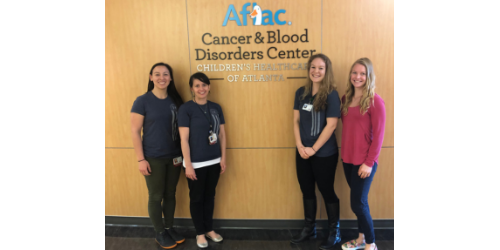Waterborne Diseases Student Worker, due 3/15
Category : Student Opportunities
Job Summary
This position will primarily conduct specific Minnesota Department of Health (MDH) activities related to surveillance for and epidemiologic studies of waterborne enteric infectious pathogens; in particular, Cryptosporidium, Cyclospora, and Giardia. This position will also assist in epidemiological investigation of outbreaks of communicable disease and participate in data collection using structured telephone interviews, data entry, and data management in epidemiological studies to describe illness and identify risk factors for infections caused by the pathogens
Minimum Qualifications:
Completion of at least two years of post-secondary education with some coursework related to the work of the position. Applicants must provide relevant coursework information in their application materials to ensure credit.
Student Worker Eligibility:
To be eligible for appointment as a Student Worker ParaProfessional Senior you must be enrolled in a post-secondary or graduate educational program or plan to enroll within three months. Students may be “off” for the summer or for one semester/quarter and remain employed as a student worker, but such absences cannot exceed one semester/quarter in a year. If you are enrolled at a credit-granting institution you must carry at least six semester/nine quarter credits. If enrolled at a non-credit granting institution or one that only offers one credit per class, you must be taking two or more classes per semester/quarter. Any lesser credit (class) load will be treated as a semester/quarter off. Graduate students must be enrolled in at least two courses or making progress on a dissertation. You will be asked to complete an Educational Verification form prior to appointment.
Preferred Qualifications:
Pursuing a Master in Public Health majoring in Epidemiology, Environmental Health, or related field.
Ability to understand and effectively carry out basic oral and written instructions regarding work assignments.
Basic knowledge of computer databases in order to perform data entry and summary reports.
Ability to work independently.
Ability to prioritize tasks, manage time, and adapt to change.
Ability to communicate effectively both orally and in writing.
Critical thinking skills and judgement.
Demonstrate interest in disease prevention (e.g., public health, health promotion).
Additional Requirements
Must pass a background check.
To apply, click HERE.








Recent Comments